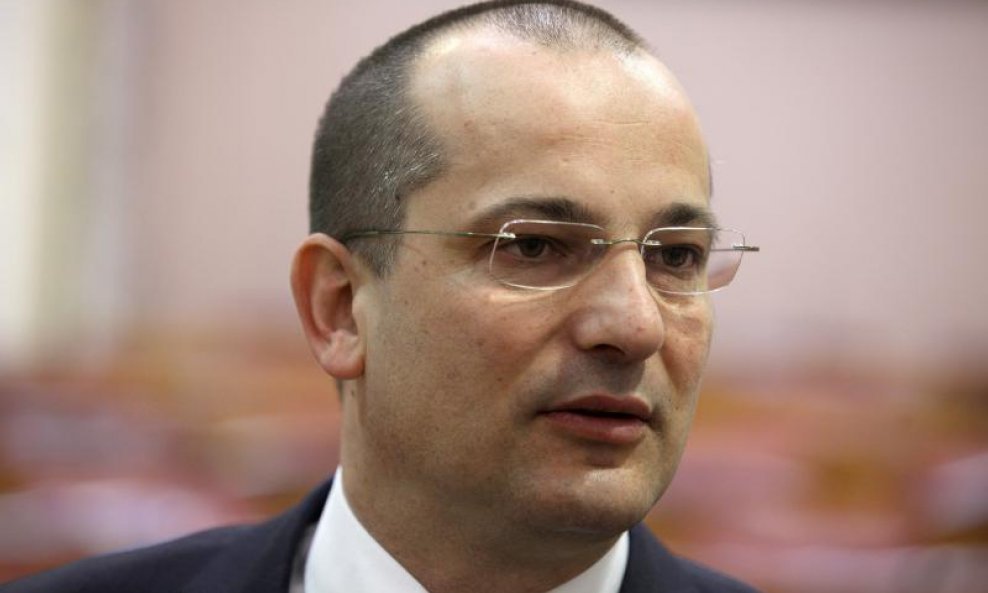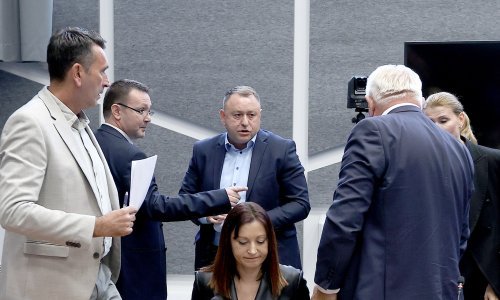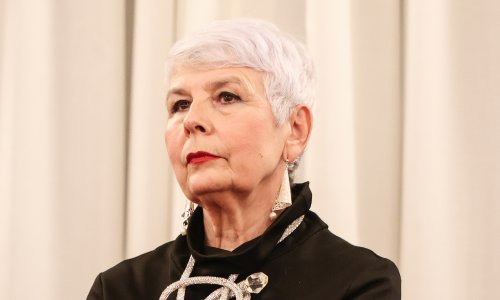Croatian Justice Minister Orsat Miljenic has said in his latest letter to European Commission vice-president and commissioner responsible for justice, fundamental rights and citizenship Viviane Reding that he was surprised at the announcements that she would propose "the activation of safeguards" from Croatia's Treaty of Accession with the European Union over a law concerning the implementation of the European Arrest Warrant (EAW).
Late in June, Croatia passed a law, popularly dubbed Lex Perkovic, limiting the application of the EAW to crimes committed after August 2002.
Miljenic believes that the so-called safeguards from Article 39 of the Treaty of Accession could apply only in case of "serious shortcomings in the transposition or implementation of the acquis communautaire."
"In this particular case, the Republic of Croatia is not only executing the EAW but it is also committed to aligning its law on judicial cooperation in criminal matters with EU member countries. Furthermore, we have forwarded to you a clearly defined time frame within which the legal amendments would be drawn up, adopted in the national parliament and put into effect. Therefore, in an attempt to align (the national legislation) with the acquis communautaire, we have taken all actions we deemed necessary as well as those you asked of us," Miljenic underlined.
According to him, another much more important issue arose concerning the announcement of the possible application of Article 39 of the Accession Treaty and it refers to a different treatment of member countries in identical legal situations.
"As you know, two member countries - Slovenia and the Czech Republic - have also also imposed time limits on the application of the EAW even though they had not agreed such limits during accession negotiations, although they did not agree this in their accession treaties. Those two countries' accession treaties, namely Article 39, are identical to that of Croatia," the letter said.
Miljenic recalled that both Slovenia and the Czech Republic imposed a time limit on the application of the EAW in 2004.
"The Republic of Slovenia carried out the adjustment with the acquis (communautaire) in October 2007, which went into force in February 2008. The Czech Republic amended its law in order to align it with the acquis communautaire as late as March 2013 and the application will go into force on 1 January 2014."
The Commission, Miljenic said, had a three-year period during which it was competent and authorised to apply safeguard measures in those countries but it did not, although the nonalignment with EU standards in Slovenia's case lasted more than three years and in the case of the Czech Republic, it lasted nearly ten years.
"Given the principle of equal approach to member countries and credibility of the Commission, the only logical conclusion to why the Commission did not activate the regulation from Article 39 of the Accession Treaty in the case of Slovenia and the Czech Republic is that there had been no serious shortcomings in the transposition or implementation of the acquis communautaire," Miljenic said in the letter.
"For the reasons stated above, we regret your intention to propose to the Commission to consider activating Article 39 of the Treaty of Accession, notably in light of Croatia's decision to urgently amend the contentious provision of the law, define clear deadlines... We do not believe this position is equitable," Miljenic said.




































